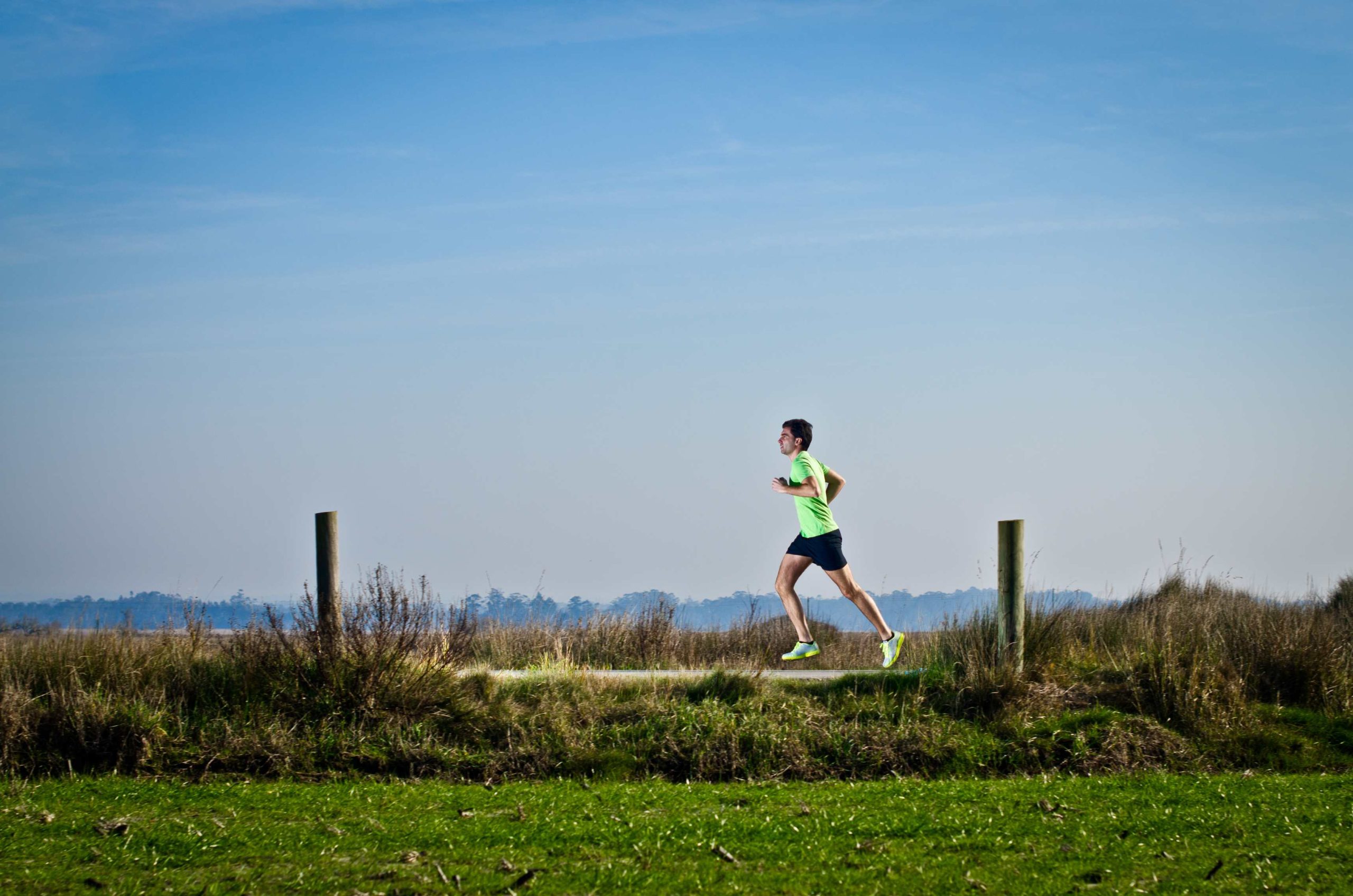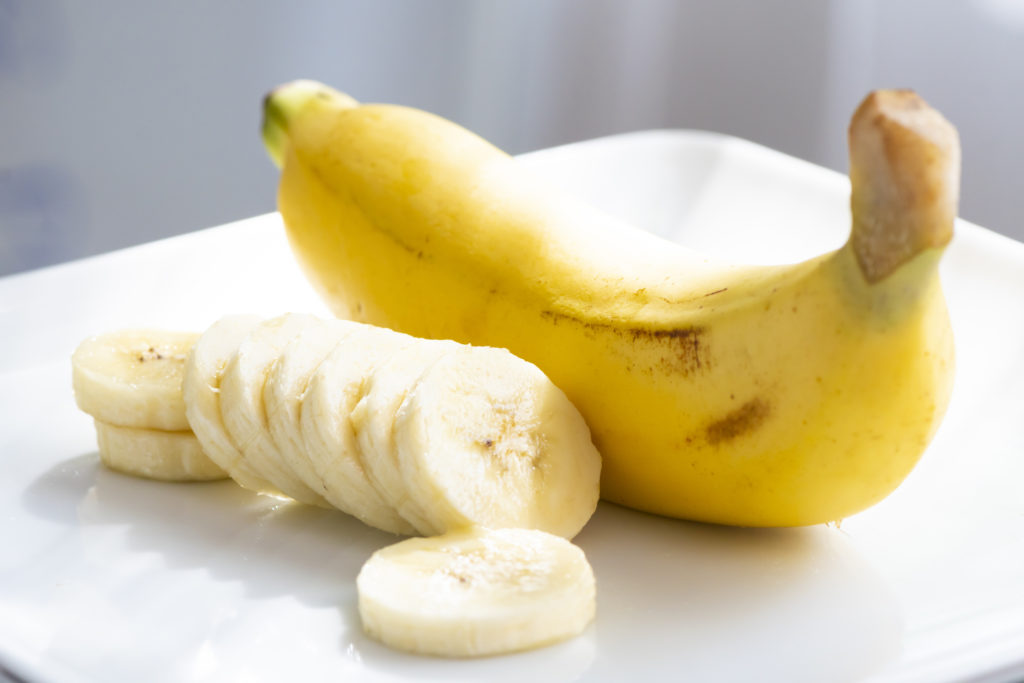Why glucose is so important for endurance athletes

Hopefully, it will soon be possible again, probably in autumn: taking part in a marathon, a cycle race, or a triathlon. You should already prepare your training for this and not forget one thing: The optimal supply of nutrients, especially glucose. Here is the most essential information:
What makes glucose so important
The best training plan in the world cannot work if the nutrition is not right. Because our body basically works like a machine. It needs fuel to be able to function well. If you train a lot and often, you should therefore pay special attention to your nutrient intake. Glucose, or more precisely, the regulation of glucose levels, plays a unique role in this. Because whenever we eat or drink something containing carbohydrates, the glucose it has is used immediately as fuel or stored for later use.
The glycogen store is limited
The greatest danger during prolonged exercise is hypoglycemia or low blood sugar. Usually, blood glucose levels are between 60 and 120 dl/mg blood. If the values go below this, hypoglycemia is imminent. At the latest, then, or better sooner, the active muscles need energy again to call up their performance. It is essential to know this:
- Muscles and the liver have a glycogen store, and glycogen is the storage form of glucose.
- But this only lasts for about 90 minutes, and many endurance sessions can last longer.
- The result: the organs no longer have enough fuel available.
- There is a marked drop in performance, and nausea and dizziness can also occur.

The right nutrition at the optimal time
It should be clear to everyone that it is essential to replenish glycogen stores only before and after training and prolonged exercise. There are guidelines for this:
- Before a long training session lasting more than 90 minutes, eating a carbohydrate-rich meal about 3 hours beforehand makes sense.
- Nutrition experts recommend complex carbohydrates because they enter the blood slowly and keep blood sugar levels constant for a long time. You can find them in jacket potatoes and wholemeal pasta, wholemeal rice, and cereal.
- During a workout lasting several hours, experts recommend eating about 60 grams of carbohydrates per hour. Ripe bananas or good muesli bars are ideal.
- If you notice slight signs of hypoglycemia, you need carbohydrates that can be absorbed quickly. Dextrose is ideal; it is best digested as a gel or a sweetened drink.

A constant level is important for athletes
You can achieve optimal performance if you manage to keep your glucose level constant. Because not only too little but also too much glucose leads to a drop in performance. Unfortunately, it is not that easy because it is determined by 40 factors, and it also differs from person to person.
The first glucose meter for athletes
For a long time, there was only one way to determine the optimal food intake before, during, and after long training sessions: trial and error. What’s new is a device plus app that allows you to monitor your glucose levels. The advantage here is that you can optimize your food intake and prevent fatigue by monitoring and understanding your glucose levels.